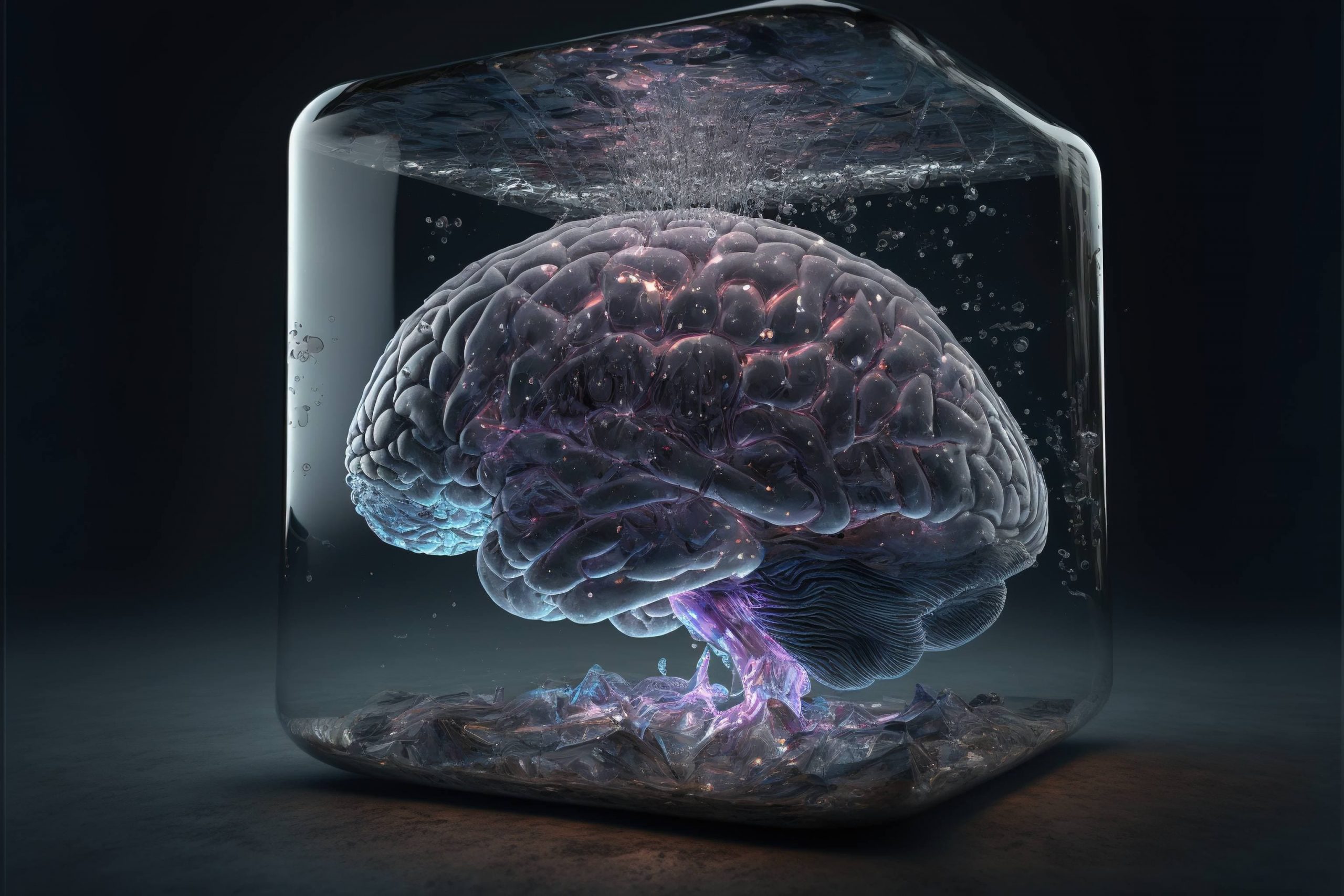-
Mapping Stars and Cells: How Astronomy has Advanced Cancer Detection

Mapping Stars and Cells: How Astronomy has Advanced Cancer Detection By MJ SmithCancer victimizes 13% of biological women at some point in their lives, often inflicting significant emotional hardships and healthcare discrimination. For decades, medicinal technology such as breast cancer detection has been paramount for observational technology brought by other disciplines, especially aerospace and astrophysics,…
-
Rebuilding Neurons: Neurogenesis in Regenerative Medicine

Regenerative medicine is one of the most recent and emerging branches of medicine centered around replacing diseased or damaged tissue via innovative technological and biological techniques. A promising pathway in regenerative medicine focuses on harnessing the limitless potential of human stem cells—cells capable of transforming into any of the body’s various cell types.
-
Alzheimer’s Disease and the Neurobiology of Long-Term Memory Formation

The concept of long-term memory formation is an incredible phenomena which remains far from understood. How is it possible for the assembly of atoms and molecules that comprises the human brain to have the capacity to “remember?”
-
Enhancing The Therapeutic Power of Music

Enhancing The Therapeutic Power of Music By Tiffany LiangVerbal psychotherapy is what we often think of when we hear “therapy.” However, therapists can run into challenges when using verbal psychotherapy with patients who suffer from major depression—the disorder has been linked to difficulty in verbal expression. So, how else can a patient connect with their…
-
Hot or Cold? Why climate change affects disasters in different ways.

Hot or Cold? Why climate change affects disasters in different ways. By Chris Zhan Image: A Californian wildfire, taken on August 17, 2013, provided by the US Department of Agriculture. You are standing on a giant precipice. On the left is a windfall into wildfires and heatwaves, and on the right is a sheer drop…
-
Lethal Mutagenesis

Lethal Mutagenesis By Pei ChenAmidst the COVID-19 pandemic, we have been living under the shadows of viruses. While viruses have small genomes, they can compromise our health, and with it, our sanity and society. The original strain of SARS-CoV-2 was destructive, and its countless variants are even more daunting. In the past two years, we…
-
Do You Carry the Trauma of Your Ancestors?

Do you ever wonder how your parents, grandparents, or ancestors endured traumatic events? Your DNA might have the answers. Researchers have debated the possible biological underpinning of intergenerational trauma when answering the complex question, “Does trauma end at the initial victim?”
-
Giant Rodents Provide Insight into Cancer Paradox

Giant Rodents Provide Insight into Cancer Paradox By Julia Wong Capybaras have recently taken the internet by storm. Not only are these giant guinea pig relatives undeniably cute, but they also have the personalities to match. Nicknamed the “coconut doggy” for its friendly disposition and coconut-like fur, the capybara gained traction across social media for…
-
Bugs in Your Stomach

Bugs in Your Stomach By Leighton Pu Microbes—a constellation of bacteria, viruses, fungi— typically exist on the scale of micrometers. These tiny organisms are everywhere and constantly go undetected by the naked human eye.But despite their less-than-impressive size, microbes can have an incredibly profound impact on public health. Some of the most devastating diseases have been…
-
Actinides: Radiation for Remission

Actinides: Radiation for Remission By Noah Bussell Take neptunium, plutonium, and actinium—these “things” may sound fake, or perhaps it seems that they belong alongside the jargon of a Madeleine L’Engle novel. However, these are actually a few of the rare and radioactive elements known as “actinides” (sometimes referred to as f-block elements because of their location…
